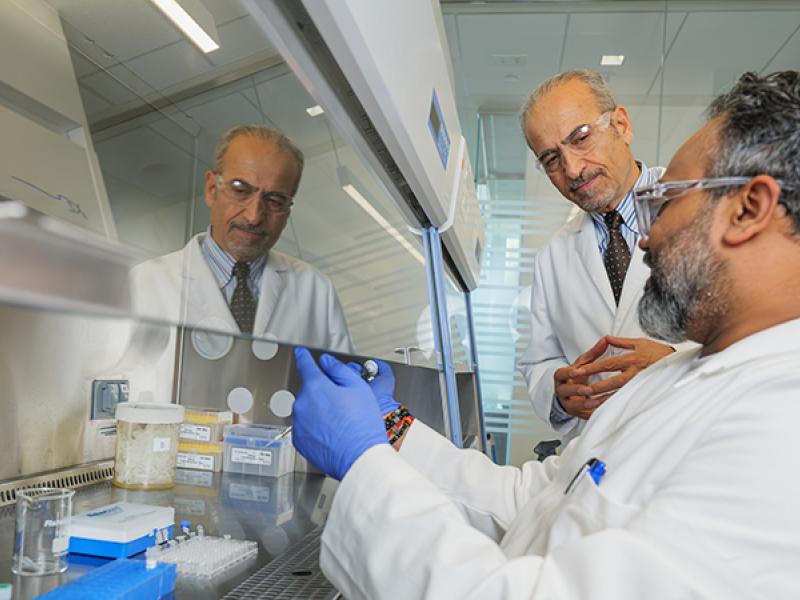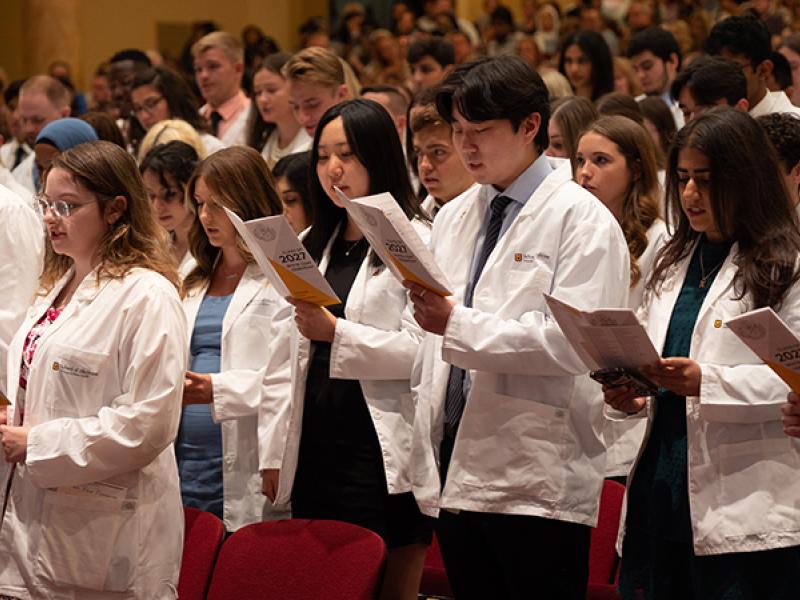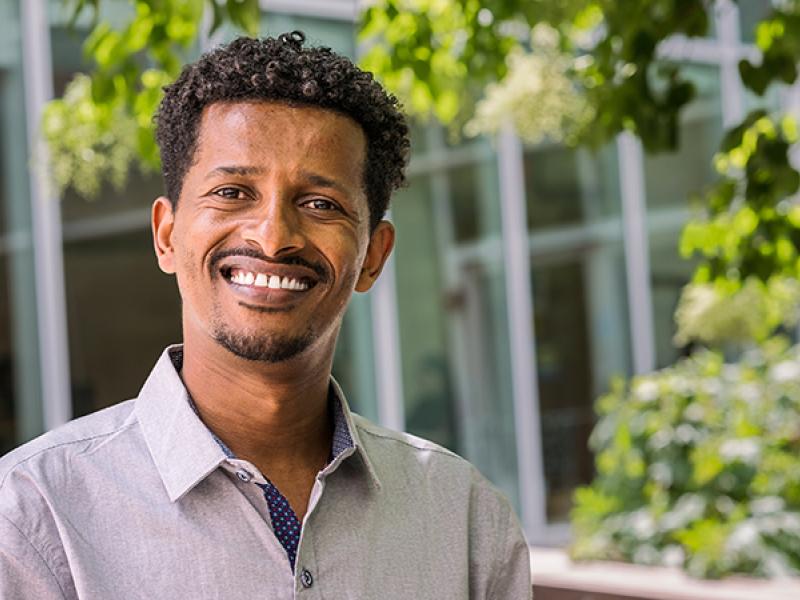Our Pediatrics residency program provides educational opportunities through conferences, journal reviews, case discussions and protected educational time.
Education Resources
Our residency provides us with educational opportunities outside of clinic and conferences which include:
- Library resources – includes UpToDate and PubMed
- AAP Membership
- PREP Questions
- Harriet Lane Handbook
- PALS card
- Registration, travel, and hotel expenses for a conference if your abstract is accepted
- Board Review Resources (1 of the following):
- AAP PREP the Cram Board Review Course
- MedStudy Board Preparation Question Bank
- American Board of Pediatrics Certifying Examination (first attempt)
Conferences and Didactics
Our conference schedule is built to encompass the ABP's list of content specifications for general pediatrics, which is the material used to develop the yearly in-service exams and the board certification exams. We employ a number of different educational formats including formal didactic lectures, case-conferences, small group round-table discussions, journal review, simulation, games and an audience response system into our 12-month curriculum in order to better accommodate all types of learning styles.
Conference Schedule
|
Time |
Monday |
Tuesday |
Wednesday |
Thursday |
Friday |
|---|---|---|---|---|---|
|
12 pm |
|
Problem Conference, EBM, M&M, or PICU System Improvement Conference |
Cultural Café |
Noon Report or Radiology Case Conference or Graduate Grand Rounds |
Pediatrics Grand Rounds |
|
1-4 pm |
|
|
|
Resident Didactics |
|
Problem Conference
Problem conference is a case presentation by a resident of a difficult or interesting patient they cared for from presentation to diagnosis. All audience members (medical students, residents, and attendings) are encouraged to work through the case together. The presenting resident then concludes the session with a short didactic session on a pertinent learning point. This is a great way for residents to get to know attendings as well as learn how faculty members approach to problems. Recent cases include Addison’s Disease, Prader-Willi, DiGeorge Syndrome, Paroxysmal Cold Hemoglobinuria, Juvenile Dermatomyositis, and Wolff-Parkinson-White Syndrome.
Evidence-Based Medicine Conference
An intern reviews a journal article in PICO format with faculty, biostatistician, and health sciences librarian guidance then shares this analysis with other residents during EBM Conference. This conference gives residents confidence in their ability to analyze primary literature and apply evidence-based medicine to their own daily practice.
Morbidity & Mortality Conference
Once a quarter residents, faculty, and staff discuss cases through the lens of quality and systems improvement. This is a peer reviewed, supportive and non-judgmental environment in which team members work together to identify opportunities to improve patient care. After each conference, a team is constructed to work on system improvements.
Cultural Café
Once a quarter we have a session with the goal of improving understanding of the cultures we commonly interact with in practice to improve our ability to provide culturally and linguistically appropriate health care.
Noon Report
An informal case discussion of interesting or challenging patients on the inpatient pediatric services is presented every Thursday at noon. The off call inpatient wards team’s residents present the patient while the audience participates in the following discussion of differential diagnoses, data interpretation, management options and evidence-based questions. The session is facilitated by a senior resident and a pediatric hospitalist.
Radiology Interesting Case Conference
The inpatient teams work together with the radiology department to identify interesting cases with findings on imaging studies. The radiology resident reviews the imaging studies with a pediatric radiology attending with audience participation from the pediatric residents who add pertinent case details to the discussion. Our Pediatric Radiology department has been committed to the education of the pediatric residents and has been an integral part of our educational curriculum.
Resident Grand Rounds
Graduating residents give a formal presentation on a topic of their choosing – a clinical or education topic they are passionate about, a presentation of a scholarly projected they completed, an evolving area of medicine, an advocacy or CARE project, etc. – to the department as a culmination of their public speaking, research, and education skills near the end of residency.
Resident Didactics
All residents are excused from clinical duties every Thursday afternoon to attend and participate in educational sessions while attendings and off-service residents run clinical services. The afternoon consists of a combination of traditional lectures with alternating simulation center activities, board preparation sessions, and small-group work led by faculty. The model of protected educational time has provided a robust learning environment and has been received favorably by our residents.
Pediatrics Grand Rounds
Grand Rounds are the most formal of all the pediatric conferences typically attended on site and via teleconferencing by the faculty, all residents, medical students and members of the multidisciplinary team. The invited speaker presents a topic they feel is relevant to the department as a whole.





